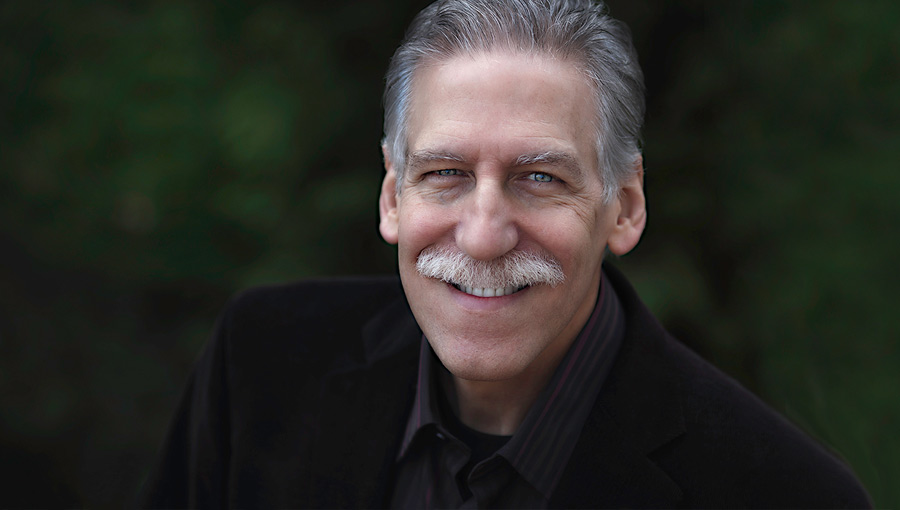The Debate of Cessationism v. Continuationism
By erin conner
Are the miraculous gifts for today? Dr. Michael Brown argues a compelling “yes” in his article entitled “The Reformed of the Lord Say No to Cessationism,” published on October 9 in Christianity Today.
“The cessationist debate is back, although in some ways, it’s never left,” Brown writes, in light of the recently scheduled 2024 Cessationist Conference led, in part, by Pastor John MacArthur. This conference is timed to coincide with the release of the Cessationist movie, “bringing an age-old topic back to the forefront of trending conversations, especially among Reformed believers.”

Cessationism is the theological belief that certain spiritual gifts, especially those mentioned in the New Testament such as prophecy, speaking in tongues, and healing ceased after the apostolic era. In his article, Brown argues that this belief is fighting a losing battle across the globe. “Over the last 50 years, hundreds of millions of people have come to true and lasting faith in Jesus through the present-day, miraculous ministry of the Holy Spirit” as we look at the growth of the Pentecostal-charismatic movement worldwide, growing from 58 million in 1970 to 656 million in 2021.
“While I respect my cessationist friends,” Brown writes, “I disagree that there is scriptural support for their stance that the miraculous gifts were uniquely associated with the apostles and existed solely for the establishing of the gospel. In fact, I personally believe this position is rendered indefensible by the explicit testimony of God’s Word.”
Brown acknowledges the historical abuses of continuationism while claiming that to focus on the aberrant is to miss the greater reality.
Brown points to Christ’s plain teaching that whoever believes in him would do the works He did, and even greater works. (John 14:12) He points to the clarity in Scripture regarding the outpouring of the Holy Spirit which began in Acts that would be for all people and for this entire era of the church in these “last days.” (Acts 2) He points to the apostle Paul’s command to earnestly seek the spiritual gifts that would continue until the eschaton. (1 Cor. 1:7; 13:8-10) Lastly, he points to instruction for the healing of the sick in response to the prayer of faith of local elders to be the norm in our churches. (James 5)
Brown uses personal testimony, global observations, and, most importantly, New Testament Scriptures to illustrate that the Holy Spirit is intended by God to be moving in miraculous ways today.
To read the full article, click here.
Click here to learn more about a Biblical perspective on “The Role of the Holy Spirit” or “Supernatural Aspects” of Christianity through Christian Union’s free teaching video series.



